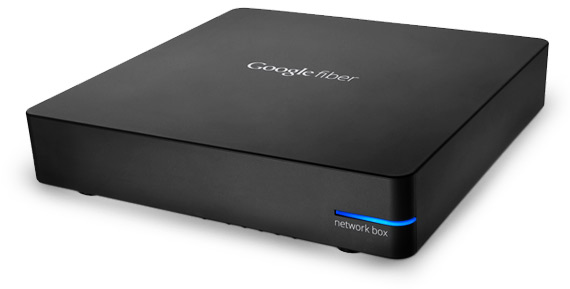There has been a lot of buzz surrounding Google’s new super speedy 1000+Mbps fiber optic internet service that has recently been introduced in Kansas City. With Google actually delivering what they’ve promised to their customers, people are feeling optimistic about the future of American broadband speeds. Internet service providers such as Comcast and AT&T are known for charging ridiculously high prices for bandwidth packages. Consumers are tired of paying $60 per month for 20Mbps download speeds, and only getting 8. So the question we are all asking is, “Why”? Why are we paying so much, yet receiving so little? The main issue is our second-rate infrastructure for truly high speed internet. Countries such as Japan and South Korea offer services running at 150Mbps for $60 per month while ISPs in the United States are charging $90 to $150 per month for 50Mbps. The lack of widespread broadband infrastructure in the United States leaves just 59% of Americans connected to broadband, while Iceland’s adoption rate is 83%. The infrastructure that is most commonly used to deliver broadband (DSL) uses copper phone lines to deliver its data. The issue with using DSL via copper wire is that the internet speed decreases as the length of the connection increases.
The United States is slowly offering more and more fiber optic connections to consumers, but it’s still not nearly enough for the US to be a leader in broadband speeds. With companies like AT&T and Comcast often giving customers less than what they pay for, Google decided that it was time to step in. Now, again, we have to ask the question, “Why”? Why does Google care so much about about Americans getting faster internet speeds, when they are not even in the infrastructure business? Are they trying to enter this market as a long-term competitor, or are they simply trying to pressure other ISPs into offering their own customers faster internet? Chances are, the latter. Here’s why. The majority of Google’s revenues comes from advertising. In order for Google to continue increasing their ad revenue, more people need to have access to high speed internet. The quicker that Google can show you their ads, the more revenue they’re going to earn. Now, why would Google want to spend billions of dollars on their own fiber optic infrastructure, when they could have AT&T and Comcast spend the money instead? They probably don’t. What Google is doing by offering record setting high speed internet to places like Kansas City and eventually Austin, Texas and Provo, Utah, is putting pressure on the other ISPs to give their customers faster broadband speeds at a low price.
Is it possible that Google wants to run Google Fiber as a long-term business? Sure. But that doesn’t not mean Google is saying, “It’s our business”. AT&T, Verizon, and Comcast are in the business of bearing the high cost of infrastructure renovation. It doesn’t make much sense for Google to want to do the same, starting from ground-zero.
Sources:
http://investor.google.com/financial/tables.html
http://bits.blogs.nytimes.com/2009/03/10/the-broadband-gap-why-is-theirs-faster/
http://www.wired.com/business/2013/04/google-fiber-not-in-your-town/


